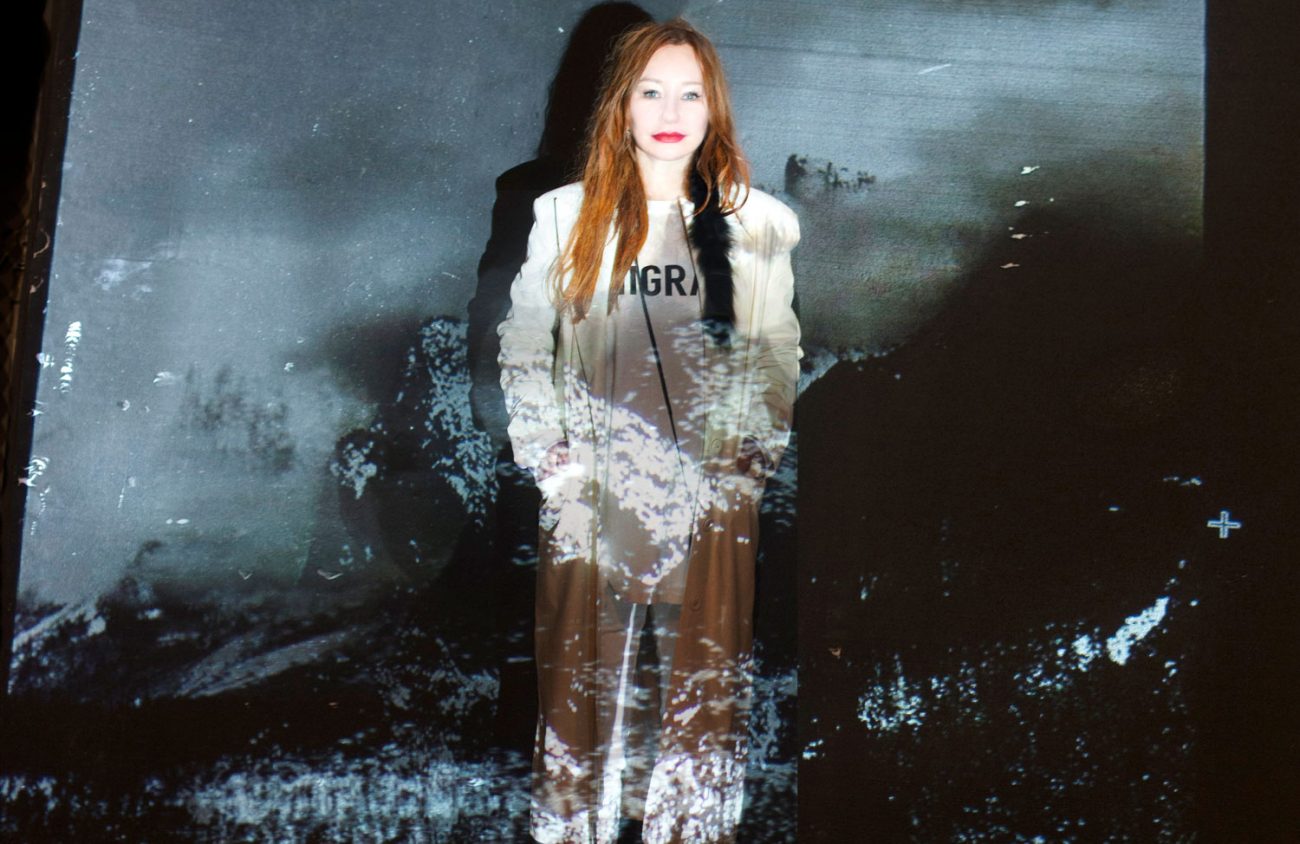Eugene artists Halie Loren, Bettreena “Betty” Jaeger and Amelia Reising will never forget the first time they heard the music of Tori Amos.
Jaeger is a singer-songwriter best known for her work with Betty and the Boy and now Betty and the Babes. “As a kid, I found her music deeply terrifying in a way,” Jaeger says. “I sensed a level of indescribable rage in her voice that immediately caught my attention as a sensitive preteen.”
Eugene jazz-pop singer-songwriter Halie Loren also has vivid memories of the first time she heard Amos. “By the time I was 19 I had memorized her entire discography,” Loren recalls, “and frequently performed some of her songs in my solo piano/vocal shows.”
Reising remembers scraping together change and returning bottles and cans to buy Tori Amos records.
“Tori was the first musician I’d ever heard who sang about the trauma of rape,” Reising says. “And she sang that song dozens of times — hundreds, maybe — in concert, refusing to be ashamed. That’s amazing. That’s insanely brave and defiant.”
The music world hadn’t seen anything quite like Amos when, in 1992, the classically trained pianist with a mezzo-soprano vocal range struck lightning with her debut album, Little Earthquakes. The album shook the comfortable piano singer-songwriter idiom, spiking it with hellfire and Anne Sexton-style poetry.
Her melodic phrasing was equal parts brutal and beautiful: jittery, anxious, confident and icy, her voice high drama, somehow both affected and genuine, the sound of steam rising from the depths of the earth, sucking bone marrow from every syllable.
Amos sent seismic shock waves through a generation, particularly for young women emboldened by her candid narratives of sexual assault.
The a cappella lead single “Me and a Gun” on Earthquakes is a harrowing true-life recollection of Amos’ rape at age 21. This year, Amos released her 15th studio record, Native Invader, and the album shows her older and wiser, a bit softer but no less singular.
Loren, Jaeger and Reising all find parallels between Amos’ work and the recent social media movement that’s come to be known as #MeToo.
“Her music tells stories,” Loren says, “not only of violence toward women in the form of sexual assault, but of the insidious spiritual violence in the way we are taught by our culture to feel uncomfortable or somehow wrong with our bodies, our sexuality and our emotions.”
Reising continues the thought, pondering Amos’ early involvement in RAINN (Rape, Abuse & Incest National Network). Amos was the organization’s first spokesperson.
“That was an opportunity for other women to say it out loud, to stop being ashamed of the actions of others,” Reising says. “#MeToo is the next generation of that. A lot of people are still getting accustomed to the fact that this is happening everywhere. We are still getting accustomed to laying the shame at the feet of those who deserve it.”
“Sometimes music and art gifts survivors the words to articulate their emotional experiences when they maybe couldn’t have naturally done so themselves,” Jaeger adds. “Tori’s music speaks to me as a woman and as a songwriter in a way that gives me permission to write about less ‘ladylike’ topics and to bare a wounded or poorly healed soul in in my music, even if it means risking being deemed a woman who is too fervent or hot-blooded.”
Tori Amos’ Native Invader Tour comes to Eugene along with Scars on 45 8 pm Saturday, Nov. 25 at the Hult Center; $34.50-$78.75, all-ages.
